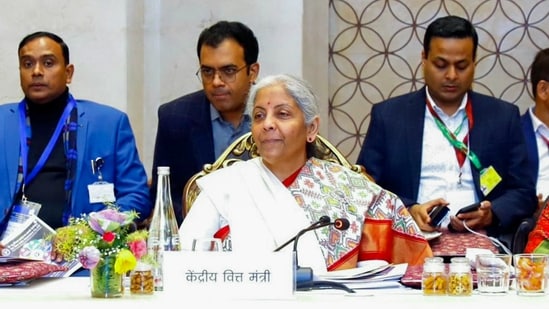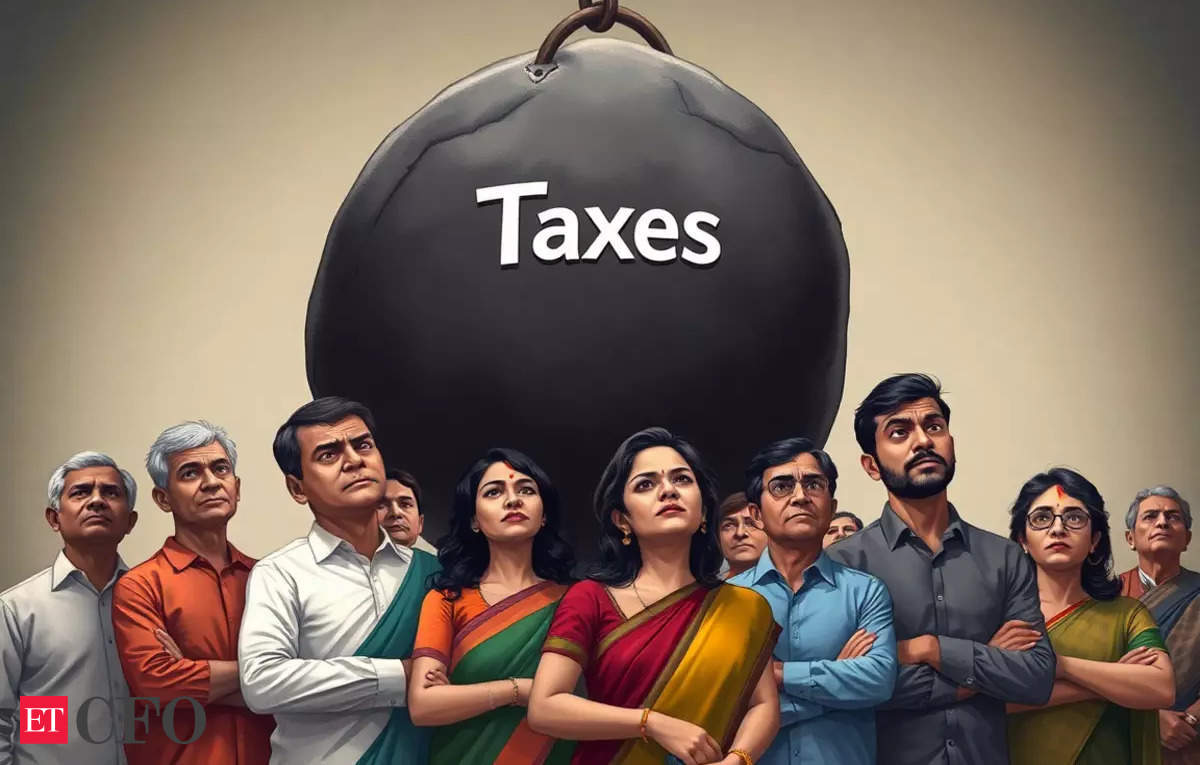Nearly one of three subscribers who dropped out of the central government’s pension scheme for the unorganised sector, the Atal Pension Yojana (APY), did so because their accounts were opened without their “explicit” permission, a recent sample study by the Indian Council of Social Science Research (ICSSR) has shown.
Bank employees did so without their concurrence to achieve enrolment targets set for them.
While 32 per cent of the subscribers dropped out due to the bank opening the APY account without permission, 38 per cent did so because they needed money, and 15 per cent did not have the money to run the account.
The study by the government think tank is part of a country-wide exercise to study 31 central government schemes and policy initiatives like the PM Ujjwala Yojana, PM Awas Yojana, Deendayal Antyodaya Yojana, and PM Krishi Sinchai Yojana.
It surveyed 2,461 respondents in the Prayagraj division, Uttar Pradesh, to enumerate the awareness level, identify problems faced by subscribers in terms of accessibility and operating APY accounts, and evaluate causes for them dropping out of the scheme. A total of 119 subscribers of 342 have opted out.
The study also found there was a preponderance of subscribers in the lowest slab of Rs 1,000 because the monthly contribution for it was low and hence they could pass unnoticed.
Tanuj Nandan, who teaches at the Motilal Nehru National Institute of Technology and is lead author of the study, said the high number of subscribers in the lowest of pension slabs had grown consistently over the years, thus making the other pension slabs mostly inconsequential.
“Initial analysis and discussion on the field reveal that banking agents are interested in target achievement and therefore open accounts of individuals without their explicit permission and they only get to know of it once they recognise some amount getting debited from their accounts. Since the contribution required for this slab is low, it often goes unnoticed and is one of the incentives for bankers to open accounts in this slab and complete the target,” he added.
The study noted of the APY accounts at national level, the share of accounts in the Rs 1,000 per month pension slab had grown from 38.6 per cent in FY16 to 82.6 per cent in FY23, while the share of accounts in the highest Rs 5,000 per month pension slab had gone down from 46 per cent to 11 per cent over the same period.
Besides, the study noted higher pension slabs under the scheme should be introduced because the earliest payouts under the APY will commence in 2035, and payouts would be substantially less in present-value terms.
Visit www.cagurujiclasses.com for practical courses











